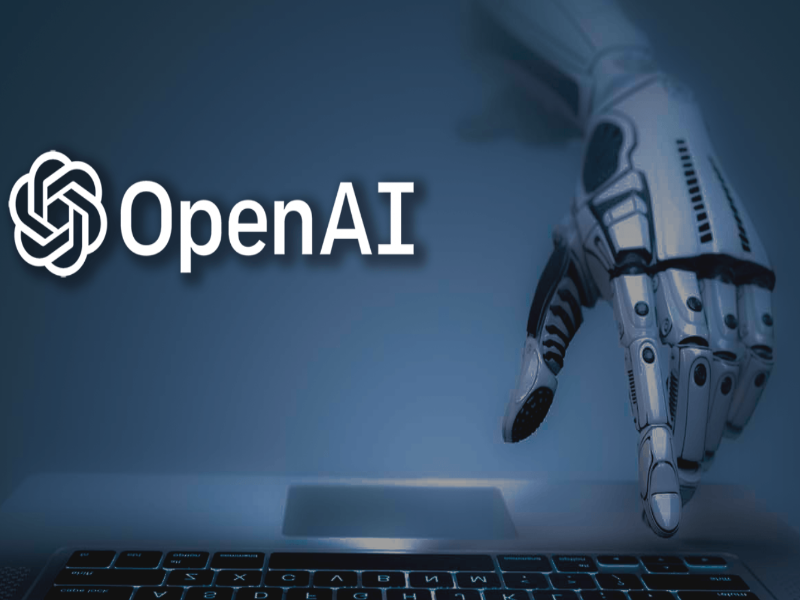- OpenAI has safety benefits such as technical safety, compliance and legal safety, community oversight and feedback mechanisms.
- OpenAI faces risky challenges such as abuse and misuse, data privacy and security, technical risks and vulnerabilities.
- OpenAI should comply and legal regulations, and improve user education and awareness and other security measures.
OpenAI has security measures in place in many areas to protect the security and reliability of its platform and services, but there are still some potential security challenges and considerations.
Safety advantages
OpenAI‘s language model GPT (generative pre-trained transformer) employs a series of technical measures to prevent abuse and misuse, including model fine-tuning, text filtering, and sensitive content detection.
OpenAI follows strict compliance standards and laws and regulations, including requirements for data privacy protection, intellectual property protection, and security audits, to ensure the legitimacy and security of its platform.
OpenAI maintains close contact with the global research and developer communities and actively collects and listens to user feedback and opinions to adjust and improve its platform and services promptly to ensure its security and reliability.
Also read: OpenAI and Microsoft face lawsuits over AI copyright infringement
Safety challenges
OpenAI’s AI (artificial intelligence) technology can be used for abuse and misuse, such as generating false information, publishing malicious content, and conducting cyberattacks.
OpenAI needs to handle a large amount of user data and sensitive information, such as text data, and image data. If these data are not adequately protected, it may lead to data leakage, privacy violations, and other security issues.
OpenAI’s AI technology may have technical risks and vulnerabilities, such as model bias, model error, which may lead to systematic errors and problems that affect the safety and reliability of AI applications.
Safety measures
OpenAI employs technical means such as model fine-tuning and filtering to limit the abuse and misuse of its language models, for example, by filtering sensitive content and identifying false information to protect social security.
OpenAI strictly complies with data privacy protection laws and regulations and takes a series of measures to protect the security of user data and sensitive information, such as data encryption, access control, and security auditing.
OpenAI maintains close cooperation with government departments, industry organisations, and other organisations to ensure that its platform and services comply with relevant laws, regulations, and compliance standards, and to adjust and improve its security measures promptly.
OpenAI actively carries out user education and awareness-raising activities to convey AI security awareness and risk prevention knowledge to users and help them better protect their security and privacy.
Also read: Sam Altman conducts large-scale OpenAI roadshow
Safety advices
Users should carefully select appropriate scenarios and applications, avoid abuse and misuse of AI technology, and ensure its safety and reliability.
Users should pay attention to protecting personal information and privacy, and avoid disclosing sensitive information and personal data to prevent privacy violations and data leakage.
Users should report and provide feedback to the OpenAI team promptly if they find any security issues or vulnerabilities when using OpenAI to help improve and refine its security measures.
Users should comply with relevant laws and regulations and compliance requirements to ensure that their behaviour is legal and compliant and does not violate relevant laws and regulations and social ethics.

